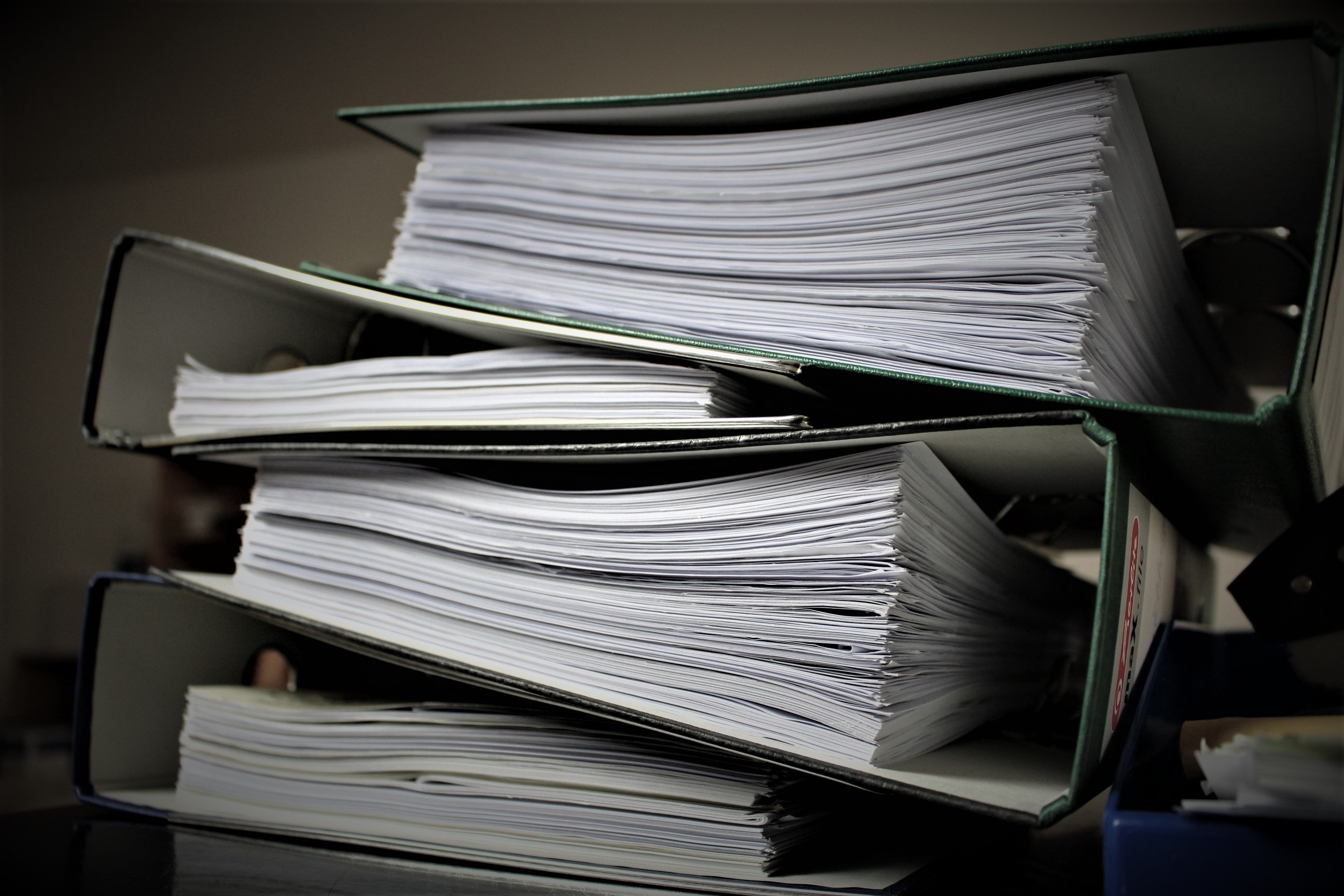
Businesses still rely on a raft of important documentation to support their compliance, accounting, and HR systems. This can lead to storage challenges, concerns about security, and also the question, “How long should I keep business documents for?”.
The short answer is that it depends on the nature of the paperwork, and the likelihood of you either needing it again or being asked to show it to regulatory authorities or other third parties.
Let’s explore rules on document storage and business document shredding timescales in more detail.
Operational Records
According to UK government guidance on timescales for keeping business records for limited companies, you must be able to produce information regarding your company structure (such as Directors, Shareholders and Company Secretary details), and your financial and accounting records.Some of this is digitalised these days. However, you must save both data and documents related to your accounts for “6 years from the end of the last company financial year”.
The rules on storing business records when you are a self-employed business owner are different. You must keep your records for at least 5 years after the 31 January submission deadline of the relevant tax year.
This does give you leeway over shredding some types of financial paperwork regularly. For example, things like bank and credit card statements, once they have been used to support your accounting processes, can be shredded regularly.
Also, you don’t have to keep every receipt and invoice for the government mandated record storage period. Once they’re in your financial records, you can shred paperwork like this, unless the product involved is under warranty, the document relates to an insurance claim, or it is required to support your tax return.
Once you have a digital record of things like payslips, utility bills, certified mail content and expired licenses, these are documents you can shred immediately.
Sensitive Documentation Related to Individuals
Are there business documents you need to keep forever?You can’t put sensitive personal records through shredding equipment. For example, if your business has any birth, marriage or death certificates, passports, wills or other legal filings.
However, it's important to use secure business document shredding services for out-of-date materials, such as expired personal IDs and applications superseded by more up to date versions.
Compliance Documentation
Many companies rely on physical reports and assessments to prove their compliance to both general Health & Safety regulations and their specific industry codes of conduct and rules.
You must check how long to keep business documents like this with trade bodies and the HSE, so you know when you can shred compliance paperwork.
For more details about secure business document shredding services in Surrey, Middlesex and West London, please contact us for a no-obligation chat.
Image Source: Pexels



